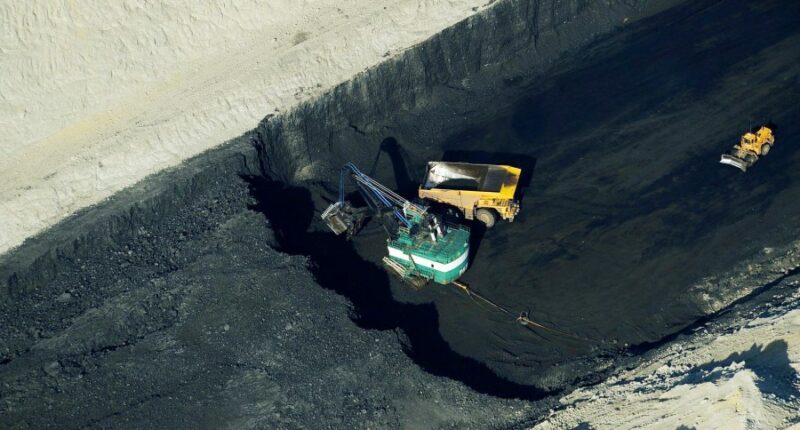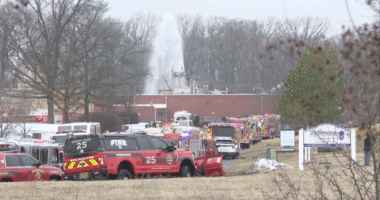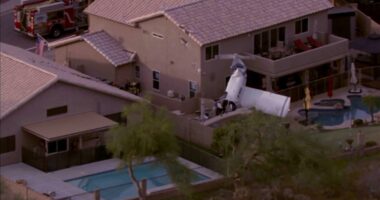Share this @internewscast.com

Federal authorities have turned down a proposal from a mining company seeking to extract over 6 million tons of coal from beneath Utah’s national forest, the Interior Department announced on Thursday. This decision represents the third instance this month where coal sales on public lands in the Western U.S. have been halted.
This setback comes amid former President Donald Trump’s efforts to rejuvenate the coal mining sector, which has been experiencing a downturn for nearly 20 years.
The Interior Department declined the only bid for two federal coal reserves located in the Manti-La Sal National Forest, near the Skyline Mine in central Utah. According to agency spokesperson Alyse Sharpe, the bid did not comply with the Mineral Leasing Act’s requirements.
The Mineral Leasing Act mandates that companies must pay the fair market value for coal extracted from public lands. However, Sharpe did not disclose the bid’s monetary value.
The coal reserves were sought by a subsidiary of Wolverine Fuels LLC, a Utah-based mining company that manages the Skyline Mine among other coal operations in the region.
On October 1, officials offered a lease for one tract containing 1.3 million tons of coal during a competitive sale. The second tract, containing 5 million tons, was proposed as a modification to an existing lease. The bid in question covered both of these tracts, according to Sharpe.
Interior Secretary Doug Burgum said two weeks ago that the government will open 13 million acres of federal lands for coal mining. But it’s unclear who would want that fuel as utilities turn to cheaper natural gas and renewables such as wind and solar to generate electricity.
Emissions from burning coal are a leading driver of climate change that’s raising sea levels and making weather more extreme.
On Oct. 6, a coal sale from public lands in Montana that would have been the largest by the government in more than a decade drew a single bid of $186,000, or about one-tenth of a penny per ton of coal, and was later rejected. That lease held 167 million tons of coal in southeastern Montana near the Navajo Transition Energy Co.’s Spring Creek mine.
Two days later the Interior Department postponed an even bigger sale — 440 million tons next to the Navajo Nation-owned company’s Antelope Mine in Wyoming.
Sharpe repeated the Republican Trump administration’s assertion that the policies of former Presidents Joe Biden and Barack Obama were to blame for the failed sales, saying the Democrats tried “to dismantle domestic production and shake investor confidence in the industry.”
Both Democrats attempted to curb sales of coal from public lands, only to have those policies reversed by Trump.
Three other coal lease sales from public lands under Trump were successful. The largest, in Alabama, involved 54 million tons of coal used in steelmaking that sold last month for $46 million, or about 87 cents per ton. Two recent sales in North Dakota of leases containing a combined 30 million tons of coal brought in $186,000 total, or less than a penny per ton.
“As demand for reliable, dispatchable power grows, coal remains a critical component of ensuring affordable and dependable energy for the American people,” Sharpe said in a statement.
But industry analysts and economists say the biggest driver of coal’s retreat has been market forces that make other fuels more economical. Many power plants served by large mines on public lands in the West are nearing retirement.
Environmentalists have fought for years against the expansion of Utah’s Skyline Mine. Emma Yip with the Center for Biological Diversity described the bid rejection as “yet another face-plant for the Trump administration” as it tries to prop up a dying industry.
“Coal is among the dirtiest energy sources on Earth and burning it continues to sicken and kill Americans. There’s no defensible reason to keep it on life support when absolutely nobody wants it,” Yip said.

















